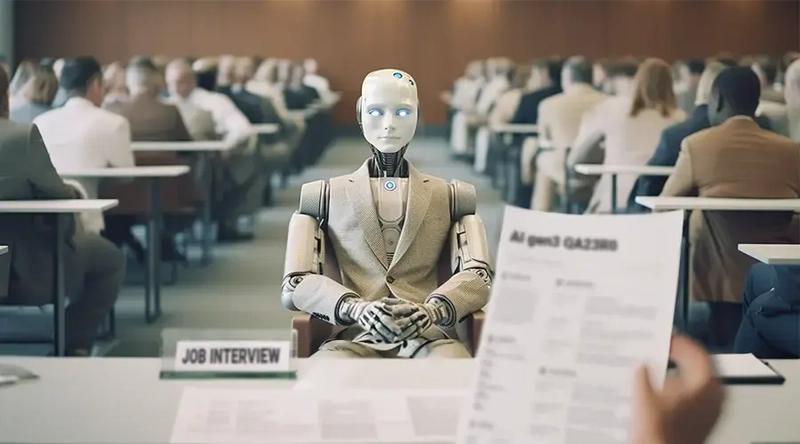Artificial Intelligence is rapidly reshaping the global job market. While AI promises innovation and efficiency, it also presents significant challenges that require urgent attention.
Up to 50% of entry-level white-collar jobs risk displacement due to automation, with unemployment potentially rising to 20%, a rate not seen since the Great Depression (Anthropic CEO Dario Amod).
Currently, 14% of the global workforce—approximately 375 million workers—have been affected by AI through job losses or career changes, with around 5 million jobs lost worldwide.
The most impacted sectors include customer service (1.2 million jobs lost), IT services (850,000), warehousing and logistics (1.1 million), administrative and clerical roles (750,000), banking (400,000), and retail (300,000).
Women’s jobs are disproportionately vulnerable, with 41% of female roles at risk compared to 28% for men, reflecting the higher concentration of women in automatable sectors.
Attempts by companies like Clara and IBM to fully replace human roles with AI have demonstrated the limitations of automation, highlighting the continued importance of human skills.
Looking ahead, by 2026, AI is projected to displace 75 million jobs globally but create 133 million new jobs, emphasizing a shift toward roles requiring new and different skills.
This transition risks exacerbating inequality, favoring those with greater education and resources, and posing a challenge for inclusive economic growth.
The path forward requires coordinated action:
Accelerated workforce retraining and upskilling programs
Thoughtful regulation of AI adoption
Strategic planning to ensure equitable opportunities in the evolving job market
As AI continues to evolve, organizations and governments must collaborate to create a future of work that balances innovation with inclusivity and social responsibility.
How is your organization preparing for the impact of AI on jobs?



Top comments (0)